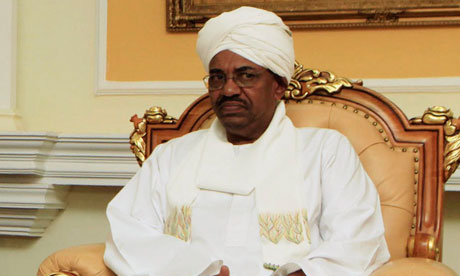Impunity Watch Symposium Keynote Senator Romeo Dallaire (4/5) from Impunity Watch on Vimeo.
On Friday April 8, 2011, the Impunity Watch Law Journal of Syracuse University College of Law hosted its annual symposium entitled, Humans as Commodities: Child Soldiers. The symposium addressed the use of child soldiers in armed conflict. It looked at the chilling realities facing child soldiers, the root causes of the phenomena, and explored the persistent human rights dilemma facing the international community.
In 2000, the United Nations General Assembly adopted the Optional Protocol on the Involvement of Children in Armed Conflict to ensure that States do not use individuals under eighteen years of age in combat, and to explicitly forbid non-state and guerrilla forces from recruiting anyone under eighteen for any purpose. Other provisions of international law have banned the use of soldiers under age fifteen since the 1970s. In spite of these and other international efforts, there are an estimated 250,000-300,000 child soldiers across the globe, actively fighting in at least thirty countries. Almost half of all armed organizations in the world use child soldiers and almost all of those soldiers see combat.
